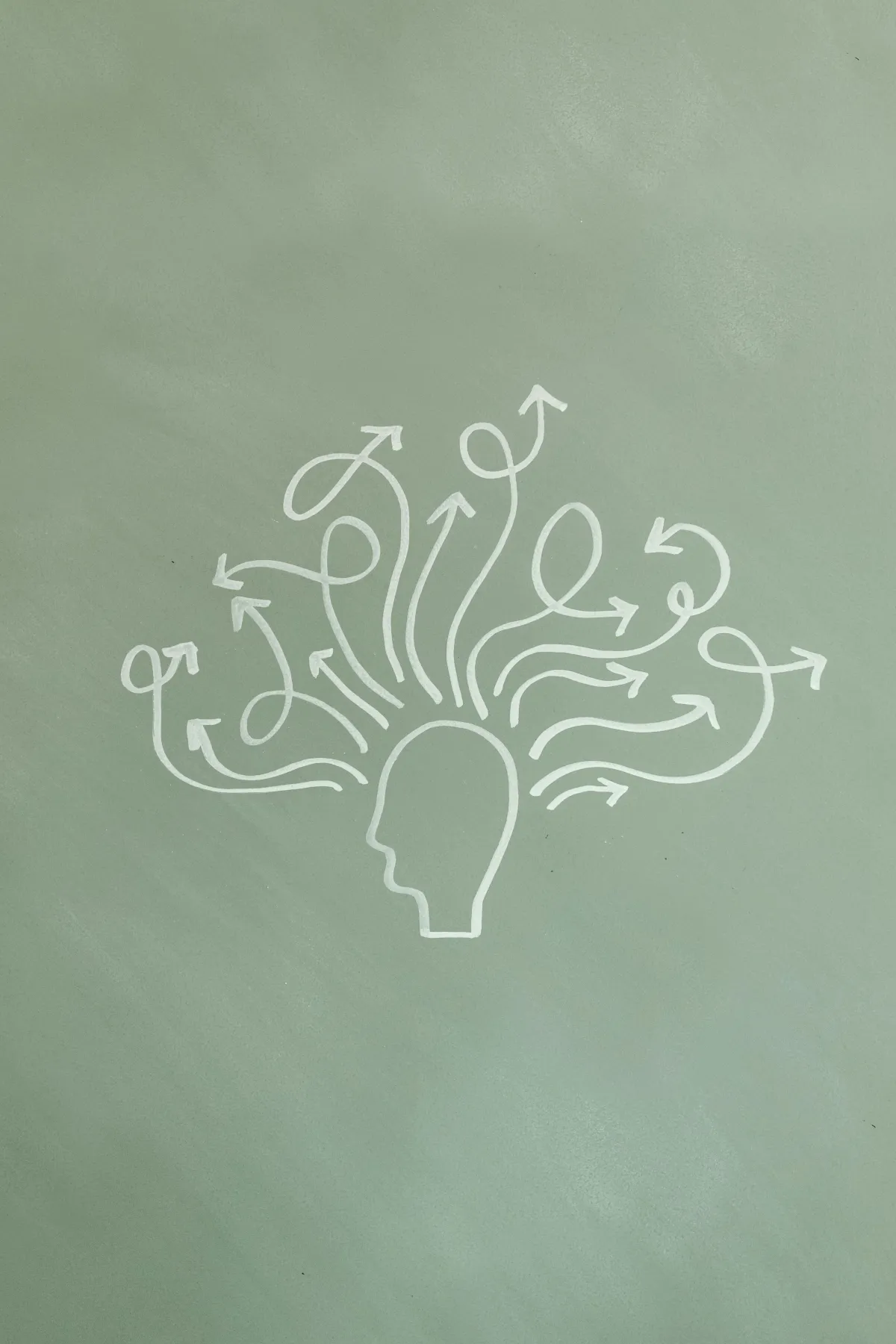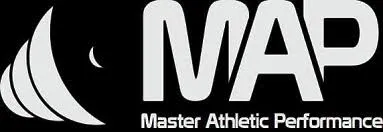Discover The Latest Blogs
Stay updated with Our Informative Blog Posts

Stress, Decision Making and Regaining Control
Stress, Decision Making and Regaining Control
Mastering Your Relationship With Stress: The Power of Purposeful Choices
Every day we navigate countless decisions — from the mundane breakfast selection to life-altering career and relationship choices. These decisions not only shape our immediate reality but also construct the architecture of our future.
This is the essence of our agency: the power to choose one path over another, to create the life we envision through deliberate action. That’s not an insignificant responsibility, by any means.
The Ripple Effect of Decision-Making
The cumulative impact of our choices extends far beyond their immediate consequences. When we examine our decision-making patterns through a lens of stress perception, we begin to recognize how interconnected our choices truly are. That morning decision to skip breakfast doesn't just affect your hunger — it impacts your cognitive function, your training performance, your recovery capacity, and ultimately, your progress toward long-term goals.
This interconnection extends to every area of life. The physiological stress of inadequate nutrition affects your psychological state. Your psychological state influences your interpersonal interactions. Your relationships impact your professional performance. The boundaries we attempt to place between different domains of our lives are an illusion… they’re not real and nothing in life exists in a silo.
At the end of the day, humans are a beautiful interconnected system of systems.
Breaking the Paralysis of Perfectionism
When faced with stress, many of us fall into a pattern of overthinking that leads to decision paralysis. We become so consumed by the potential ramifications of making the "wrong" choice that we make no choice at all. No choice being the worst choice you can make.
This paralysis often stems from a fear-based relationship with stress — viewing it as something to be avoided rather than information to be processed.
What if, instead of asking "How can I avoid stress?" we asked "What is this stress trying to tell me about my values and priorities?"
This shift transforms stress from an enemy into a messenger, providing valuable data about what matters most to us.
The Power of "Why"
The question "Why?" serves as both compass and anchor in our decision-making process. When we examine the driving forces behind our choices, patterns emerge that illuminate our true values rather than our stated ones.
If you struggle to articulate why you're following a particular training program, nutrition plan, or career path, it may be time to reassess its alignment with your authentic goals.
Consider your training regimen: Can you explain why you've chosen specific protocols, volumes, and movements? If not, you may be following someone else's blueprint rather than constructing one tailored to your unique needs and goals.
This misalignment creates unnecessary psychological stress that compounds over time.
Cultivating Stress Resilience Through Value Alignment
Sustainable success requires alignment between our personal, professional, and physical development values.
This doesn't mean perfect balance at all times — life naturally flows through seasons of imbalance. What matters is intentionality and a commitment to eventual recalibration.
During intense training cycles, you might temporarily prioritize physical development.
During critical career phases, professional demands may take precedence.
These short-term imbalances become problematic only when they lack both purpose and end date. And please, for the love of god, don’t read the word “imbalance” as “all-or-nothing.” Imbalance should never mean letting one area of your life fall apart while you focus on another.
Practical Applications for Stress Mastery
Pause before deciding. When feeling stressed about a choice, take three deep breaths and ask: "Will this choice align with my values six months from now?"
Interrogate your defaults. Challenge habitual patterns by asking why you've chosen them. This isn't about judgment but clarity.
Differentiate between productive and unproductive stress. Productive stress propels growth; unproductive stress stems from misalignment with values.
Practice values-based decision-making. When overwhelmed by options, identify which choice most closely aligns with your core values.
Release the grip of perfectionism. Recognize that imperfect action toward aligned goals surpasses perfect inaction every time.
Building Tomorrow Through Today's Choices
The most fulfilled individuals share a common approach: they consciously enjoy the fruits of yesterday's decisions while intentionally planting seeds for tomorrow's harvest. This forward-thinking mindset doesn't diminish present enjoyment — it enhances it by infusing current actions with purpose.
When stress arises, view it as an invitation to examine alignment rather than a signal of failure. Let go of what lies beyond your control while fully embracing the profound power you hold: the ability to choose your response, to select your path, and to align your actions with your deepest values.
The next time you face a decision under stress, pause and remember: You always have the power to choose your path forward. The question is not whether you can handle the stress, but whether your response to it will lead you closer to or further from the life you truly desire.
Always know your "why" — and let it guide you through both calm waters and turbulent seas.
Stay Strong,
Paul Oneid, MS. MS. CSCS
Founder and Head Coach




